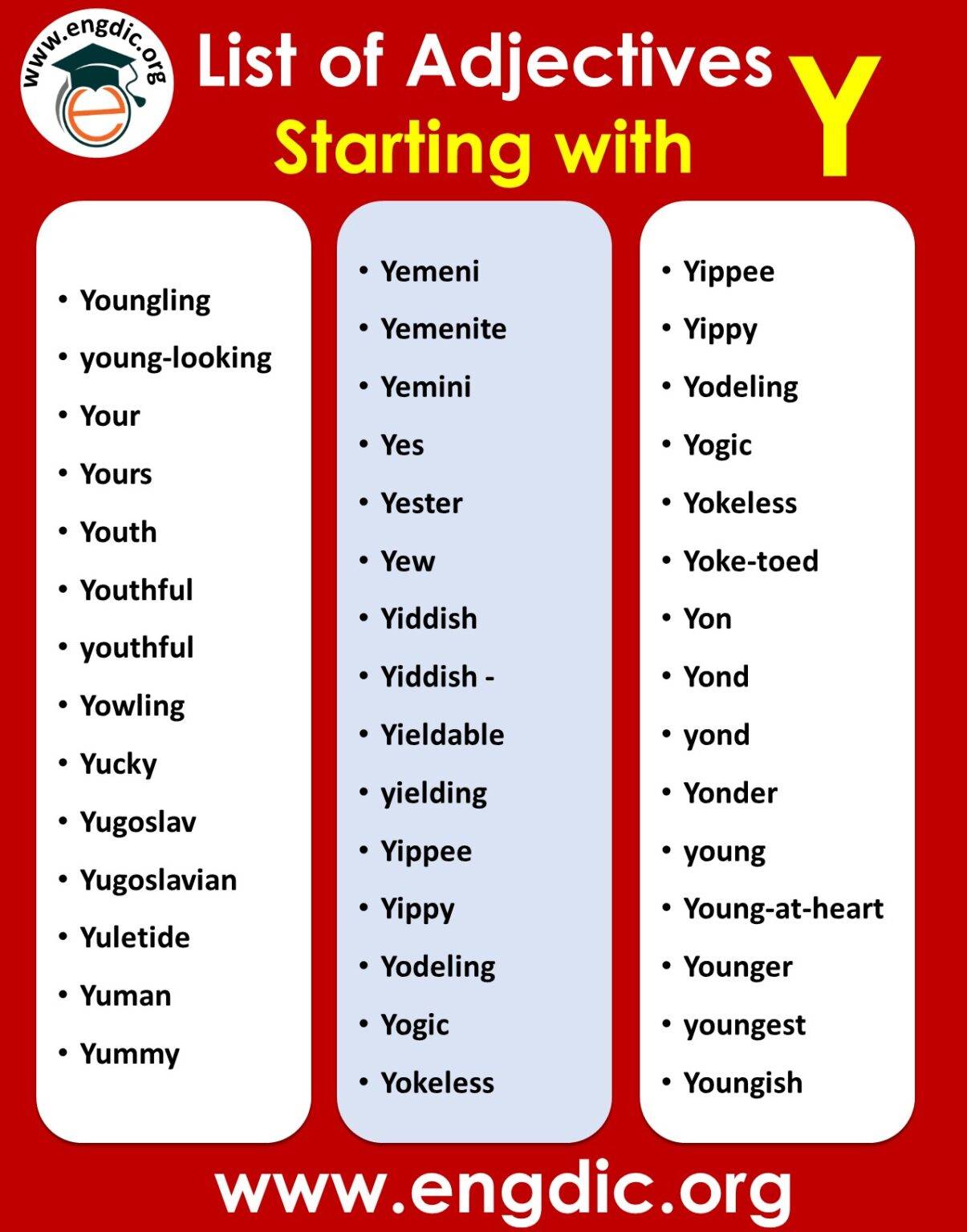

(2009) opened up the question of the role of face management in the interpretation of utterances containing scalar terms like ‘some.’ Based on a series of experimental studies, Bonnefon and colleagues put forward the claim that the scalar term ‘some’ is less likely to be interpreted as conveying a pragmatically strengthened meaning ( some but not all) when the utterance represents a threat to the positive social identity or ‘face’ of the addressee (‘Some people hated your poem’) than when it does not (‘Some people loved your poem’). Social relations among interlocutors as well as social expectations in communication (e.g., politeness) have recently been experimentally manipulated to examine their effect on the interpretation of certain linguistic expressions, such as quantifiers and expressions of uncertainty (for reviews, see Holtgraves and Bonnefon, 2017 Holtgraves, 2019). The last few years have seen a growing interest in the experimental investigation of the role of social context in language comprehension. We show that negative strengthening of positive and negative adjectives interacts differently with the social variables of power, social distance, and gender. This paper presents the results of two experiments investigating the role of face management in negative strengthening. A classical explanation of this polarity asymmetry is based on politeness, specifically on the potential face threat of bare negative adjectives ( Horn, 1989 Brown and Levinson, 1987). Crucially, negation is more likely to be pragmatically strengthened in the case of positive adjectives (‘not kind’ to mean rather mean) than negative adjectives (‘not mean’ to mean rather kind). Negated gradable adjectives often convey an interpretation that is stronger than their literal meaning, which is referred to as ‘negative strengthening.’ For example, a sentence like ‘John is not kind’ may give rise to the inference that John is rather mean. 2Cognitive Science Centre, University of Neuchâtel, Neuchâtel, Switzerland.

1Cognitive Sciences, Department of Linguistics, University of Potsdam, Potsdam, Germany.


 0 kommentar(er)
0 kommentar(er)
